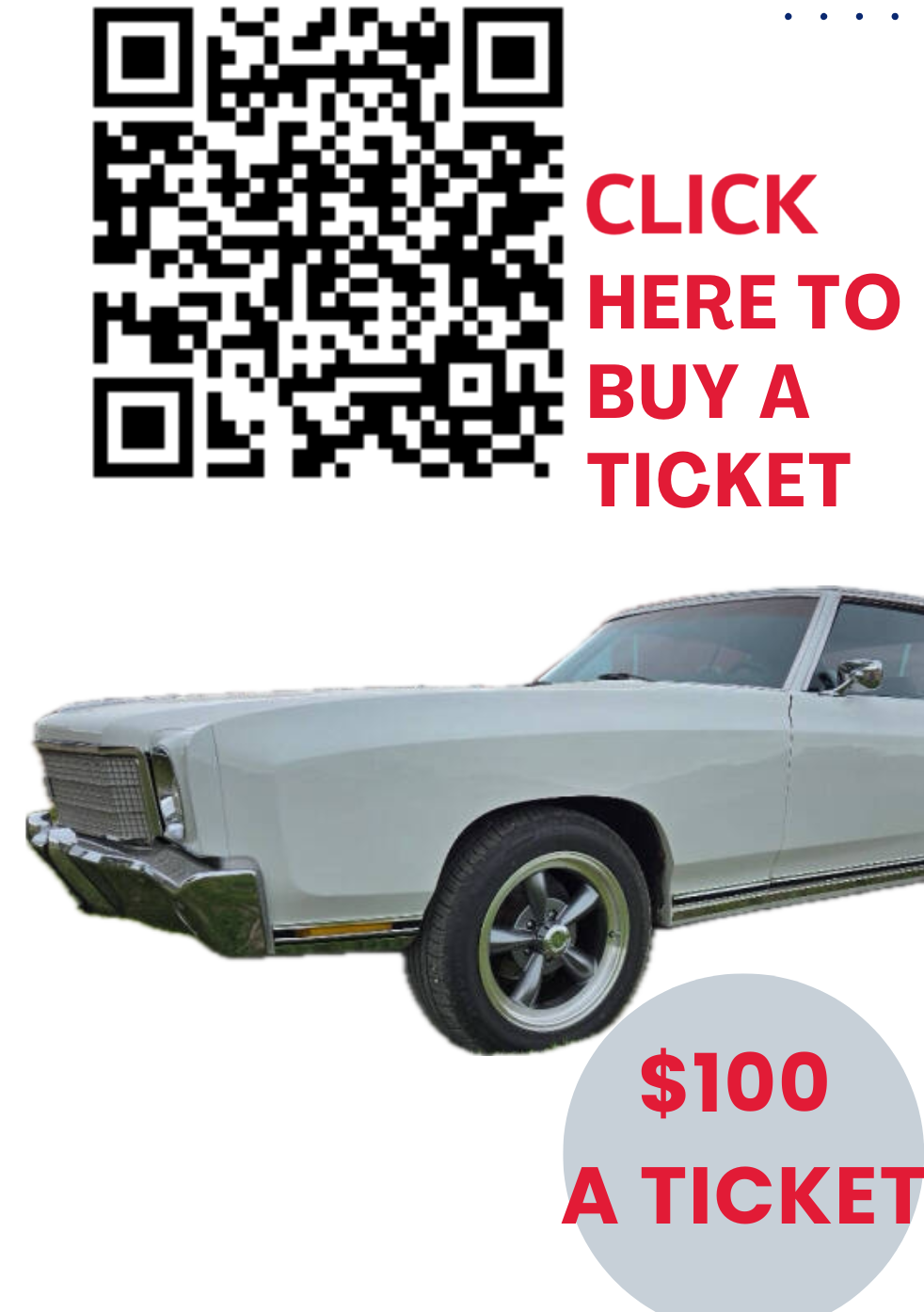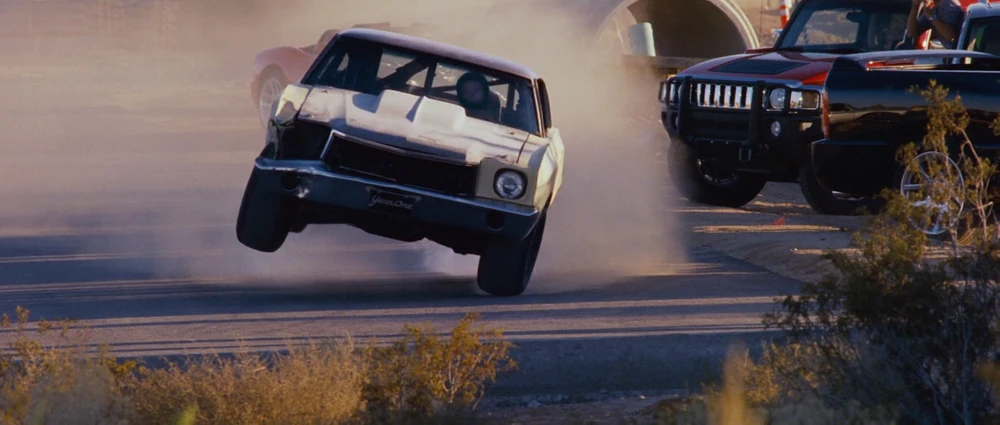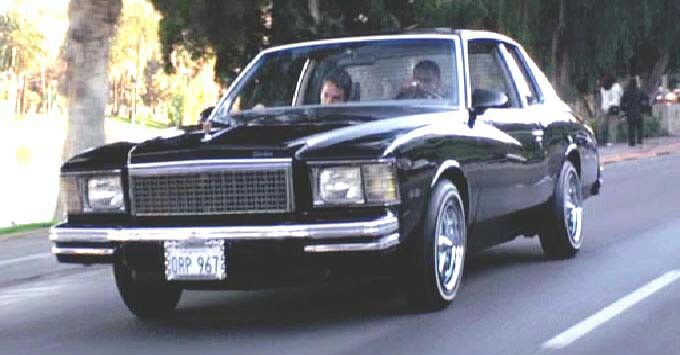-
A "Personal Luxury" Car: The Monte Carlo was Chevrolet's answer to the Ford Thunderbird and its own corporate cousin, the Pontiac Grand Prix. It wasn't just a raw muscle car; it was designed to be a stylish and comfortable coupe for a new market that valued comfort and features as much as horsepower.
-
The John DeLorean Connection: The car's concept, a stylish coupe on a more common sedan platform, was heavily inspired by the runaway success of the 1969 Pontiac Grand Prix, which was championed by legendary automotive executive John DeLorean. The Monte Carlo copied the Grand Prix's signature "long hood, short deck" design.
-
The Longest Hood in Chevy History: To achieve that dramatic styling, the 1970 Monte Carlo was given what was, at the time, the longest hood ever fitted to a Chevrolet. This visual flair was a key part of its identity.
-
More Than a Chevelle: While it shared its basic chassis with the popular Chevelle, the Monte Carlo had a longer wheelbase and its own unique sheet metal and interior. Chevrolet marketed it as "A car of its own," emphasizing that it was a distinct and more upscale model.
-
The Mighty SS 454: For those who wanted power to go with the luxury, Chevrolet offered the legendary Monte Carlo SS 454 package. It came with the massive 454-cubic-inch V8 engine, rated at a very healthy 360 horsepower, along with a heavy-duty suspension and other performance upgrades. This turned the stylish cruiser into a formidable street machine.
-
NASCAR Dominance: The 1970-1972 body style was a force in NASCAR. Racing versions of the Monte Carlo, known as "Aero-Warriors," were driven to victory many times by legends of the sport, cementing the car's performance credentials.
While the '68 Charger or '67 Mustang might get more screen time, the Monte Carlo has had some truly iconic movie roles that perfectly capture its character.
The 1970 Monte Carlo represents the end of an era—the last gasp of the classic muscle car boom before new regulations changed the industry. Its blend of style and power has made it a lasting classic on the road and on the big screen.



